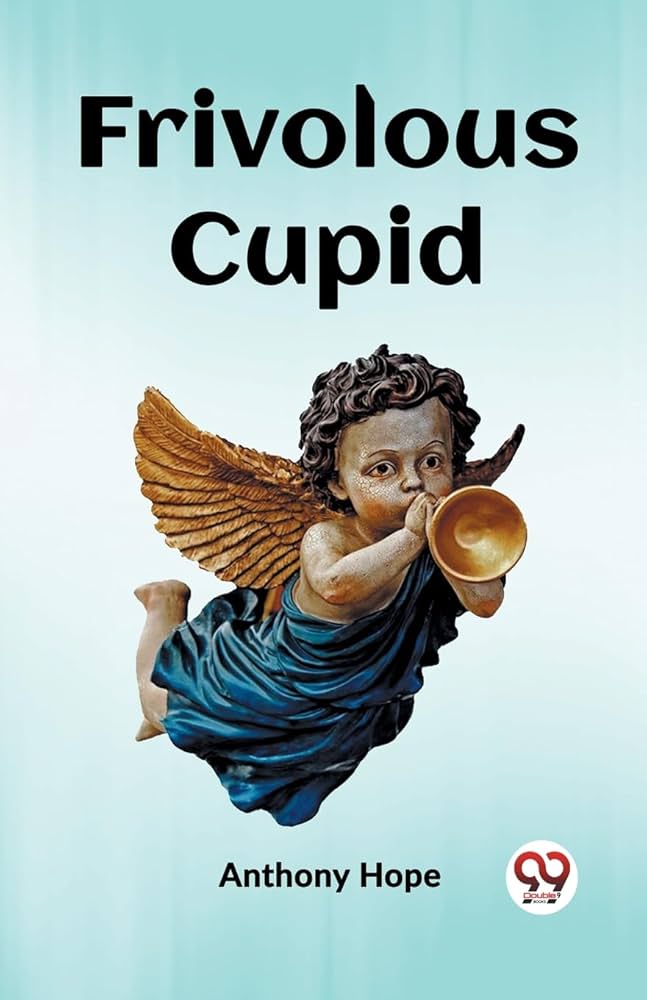Chapter VII — Frivolous Cupid
byChapter VII unfolds with a storm of unintended consequences stirred by Duke Deodonato’s well-meaning but overzealous decree. Believing in the virtues of matrimony as a stabilizing force, the Duke orders all unmarried men over twenty-one to wed within three weeks. What begins as a social reform soon spirals into chaos. Women, interpreting the Duke’s public declarations as a sign that he will marry one of them himself, begin to refuse all proposals. This unintended collective standoff delays the entire purpose of the edict. Hopes of royal selection outweigh the appeal of ordinary unions, stalling the entire population’s romantic pursuits. The Duke’s idealistic pursuit for societal order reveals itself as a complicated web of assumptions and hidden motivations, all wrapped in the glittering hope of love from above.
When Deodonato tightens the decree, ruling that a woman must accept the first offer she receives, anxiety reaches new heights. Women, now fearing accidental or unpleasant marriages, go into hiding. Love ceases to be a free choice and transforms into a trap. The duchy, once vibrant with the chatter of flirtation and courtship, now falls silent and fearful. The very people the Duke wished to see happily married now retreat in dread. Romance, under pressure, collapses. The law forgets its original spirit and enforces a kind of tyranny that stifles the human heart. When Dr. Fusbius proposes to Dulcissima and is promptly rejected, her arrest becomes the final spark to ignite rebellion.
Dulcissima, with grace and defiance, brings her protest before the Duke. Her beauty catches his eye, but it is her strength of character that holds his attention. In standing firm, she speaks not only for herself but for every woman burdened by the decree. The Duke begins to feel the limits of royal power, recognizing that even just laws must be tempered with compassion. Her resistance presents an unexpected mirror to his own misjudgment. Deodonato finds himself torn between pride, position, and the quiet truth that love cannot be mandated. The scene marks a turning point where authority is forced to reconcile with humanity.
Legal advisors, eager to uphold the Duke’s dignity, offer loopholes and interpretations. Yet, it is the President of the Council who deftly unravels the situation. By framing Dulcissima’s rejection not as rebellion but as rightful self-defense, the law is preserved and justice served. When Deodonato kneels and proposes not as ruler but as a man in love, the tension dissolves into harmony. Dulcissima, no longer a symbol of protest but a woman free to choose, accepts. Their union, founded on mutual respect, stands in contrast to the mechanical pairings once demanded by law. It’s a rare moment when policy yields to personal integrity.
With humility and reflection, the Duke withdraws the law. The decree had sought to bind hearts through deadlines and directives, but its repeal allows love to breathe again. The lesson lingers: rules cannot replace consent, nor force yield true affection. Deodonato’s transformation from absolute monarch to empathetic suitor signifies a shift not only in leadership but in societal values. Dulcissima’s courage reshapes the duchy more powerfully than any policy could. She proves that even in constrained systems, a voice raised in honesty can echo through chambers of power.
As the tale concludes, the image of a window—clear, open, and revealing—serves as a final metaphor. In place of rigid doors and locked obligations, the window invites light, fresh air, and new perspectives. The duchy rediscovers the joy of choice, laughter returns to the streets, and couples find one another not by decree but desire. The love story between Deodonato and Dulcissima becomes more than a romantic resolution; it stands as a celebration of human freedom. And in that spirit, the reader is reminded that love, when freely chosen, transforms not just hearts, but entire kingdoms.

